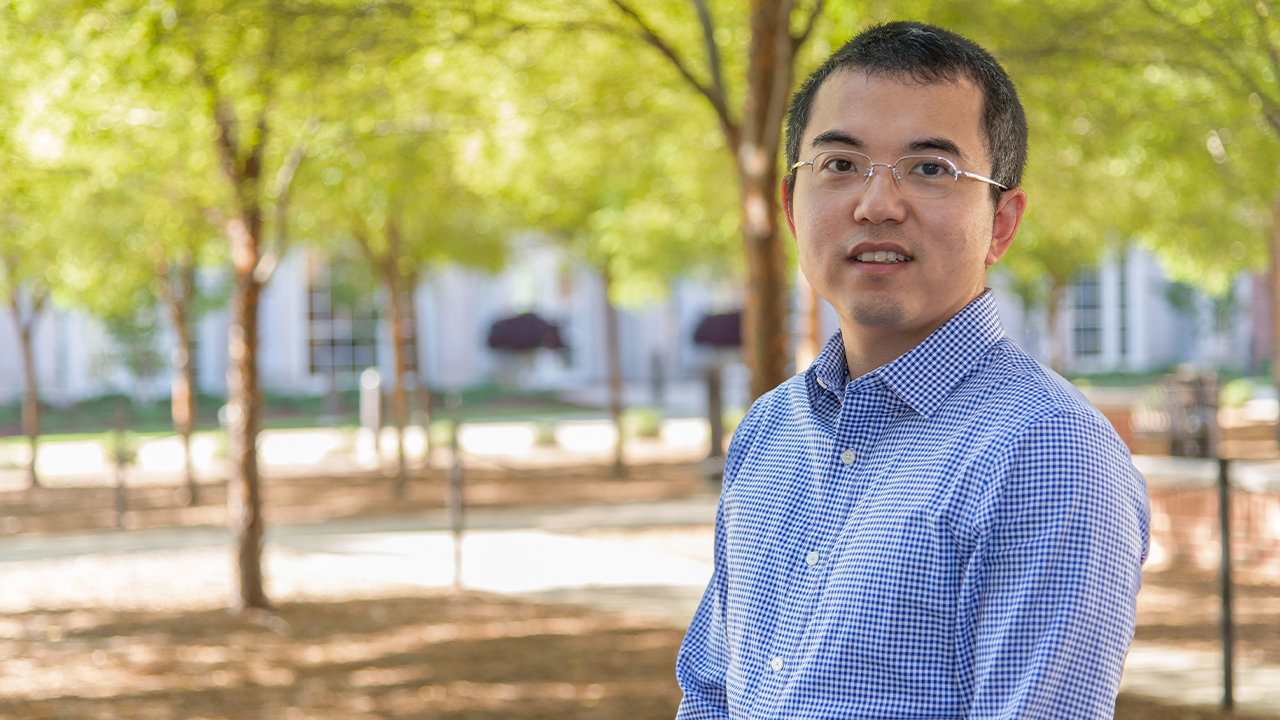DOE funds Auburn efforts toward qualifying metal additive manufacturing for high-temperature cyclic service
Published: Jul 29, 2021 9:00 AM
By Jeremy Henderson
The U.S. Department of Energy (DOE) Nuclear Energy University Program (NEUP) recently awarded Auburn University $800K to lead a joint university/industry team in developing the qualification standard of metal additive manufacturing (AM) for high-temperature cyclic service. The award is among DOE’s $61 million in funding awards for 99 advanced nuclear energy technology projects in 30 states and a U.S. territory.
“In the past two years, Auburn Engineering has won four projects directly funded by the DOE, and a few others through national laboratory collaborations and the Nuclear Science User Facilities (NSUF) to develop advanced reactor technologies,” said associate materials engineering professor Xiaoyuan Lou, principal investigator on the award. “Their continuing support demonstrates the recognition of our achievements in advancing the technology frontier to support the safe and economic designs of future nuclear reactor.”
Over the past decade, laser-based additive manufacturing has attracted great interests from the nuclear industry. As code and nuclear regulatory bodies are still hesitant to adopt AM due to the scattered metallurgical and mechanical properties, qualification of AM for nuclear use is crucial towards the reliable insertion of the technology in reactor operation.
Lou says that while progress has recently been made towards establishing ASME code case, most work has been limited to static applications at the temperature range below 400 C. The knowledge base of the process-microstructure-properties relationship for high-temperature nuclear cyclic service has not been established.
“Additive manufacturing has been commercialized for industrial applications,” Lou said. “But fundamental knowledge needs to be developed before the industry can safely adopt this technology for critical parts, which will see more extreme environments such as high temperature, complex loading, corrosion/oxidation, and radiation damage.”
Lou’s research will reveal the fundamental relationship of microstructure and creep/creep-fatigue properties for 316H stainless steel made by laser direct energy deposition AM techniques at 500-750 C through a multiscale experimental and modeling approach, and establish the technical basis for the microstructure criteria and accelerated testing method to support near-term nuclear qualification.
Collaborators on the award include teams from Georgia Tech, the University of Nebraska-Lincoln, and Electric Power Research Institute.
“I am grateful to have support and trust from the Samuel Ginn College of Engineering and the Department of Mechanical Engineering, as well as my students, collaborators and beloved family,” Lou said.
Media Contact: , jdh0123@auburn.edu, 334-844-3591
Xiaoyuan Lou

